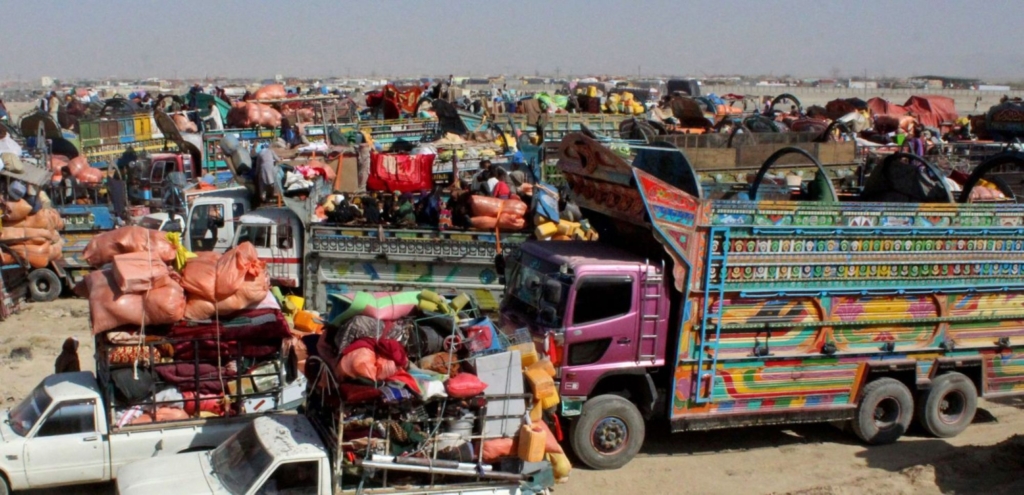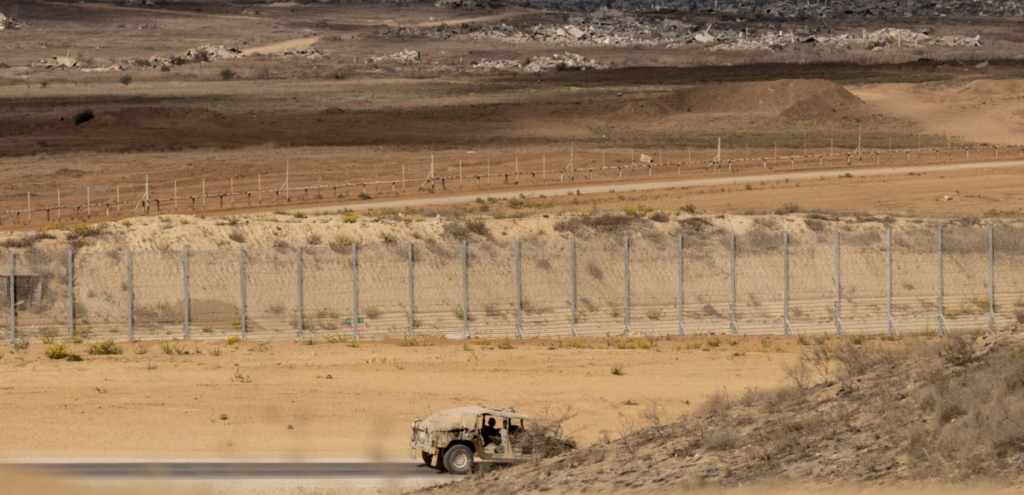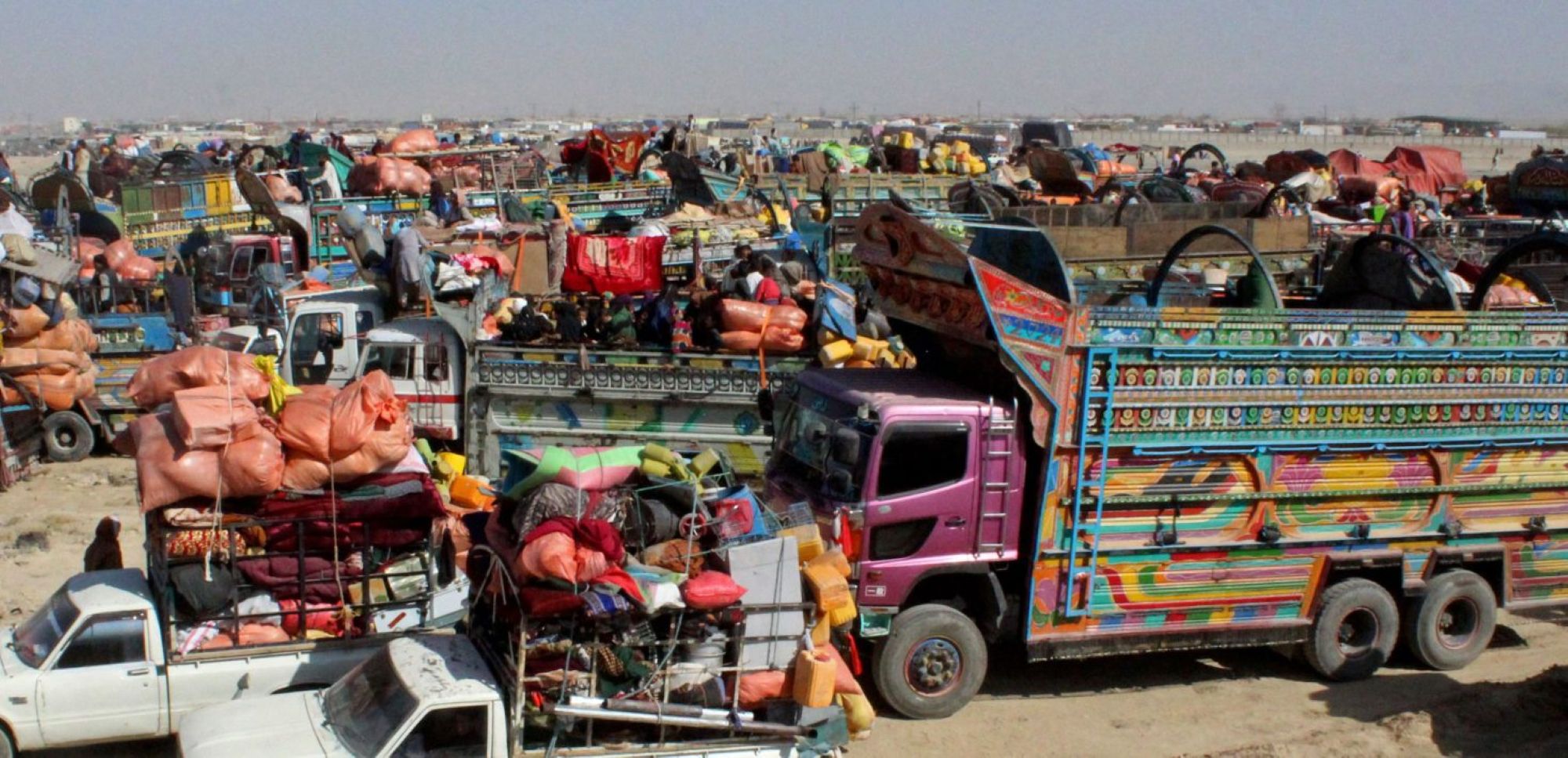Released 8 January 2017 00.01GMT
One thousand days after the chilling abduction of 276 school girls in Chibok, the Nigerian government must redouble its efforts to ensure the release of the girls, and all other victims of mass abduction, said Amnesty International.
The organization is calling on Boko Haram to put an end to the girls’ suffering and immediately release them and all other civilians they are currently holding.
“This terrible anniversary is a chilling reminder not just of the tragic disappearance of the Chibok school girls, but also all other individuals – many of whom are also children – who remain captive in Boko Haram’s hideouts across the country. These abductions and other attacks on civilians, many of which constitute war crimes, must stop,” said Makmid Kamara, Acting Country Director for Amnesty International Nigeria.
“While the Nigerian government is making considerable efforts to recover the 195 Chibok girls still in Boko Haram’s custody, we are concerned that victims of less well publicised mass abductions have not benefited from comparable efforts to secure their release.”
Amnesty International has documented at least 41 other cases of mass abductions by Boko Haram since 2014. Many of the attacks committed by the group, including deliberate killing of civilians, rape, destruction of homes, bombing of places of worship, markets and other civilian structures, constitute war crimes and those responsible should be brought to justice in fair trials without recourse to the death penalty.
Amnesty International recognises the resilience and determination of the Bring Back Our Girls (BBOG) campaigners in Nigeria in getting the plight of the Chibok girls on the world’s agenda and for keeping up the pressure on the government by continuing to demand the release of all the girls. Their persistence is notable at a time when the civic space for peaceful protests and gatherings in Nigeria is rapidly shrinking.
“The people of Nigeria, and indeed the world, are remembering the 1000th day after the Chibok abduction primarily because of the relentless work of Bring Back Our Girls. We hope that the energy of this formidable campaign will be replicated in demands for justice and accountability for crimes committed by all parties to the current conflict in north eastern Nigeria,” said Makmid Kamara.
“The Nigerian government should also dramatically step up its efforts to ensure the safe release of abductees and provide proper psychological and medical support to those who have already been rescued, released or have escaped captivity.”
BACKGROUND
Since 2009, Boko Haram has been carrying out a violent campaign against civilians in north eastern Nigeria through acts of almost daily killings, bombings, abductions and looting. Towns and villages have been pillaged. Schools, churches, mosques and other public buildings have been attacked and destroyed. Boko Haram is brutally mistreating civilians trapped in areas under its control and has disrupted the provision of health, education and other public services.
Amnesty International’s research shows that Boko Haram has committed war crimes and crimes against humanity with impunity.
In April 2014 Boko Haram fighters kidnapped 276 girls from the Government Girls Secondary School in Chibok. Abductions are a consistent part of Boko Haram’s attacks and on 14 April 2015, Amnesty International released a comprehensive report which documented 38 cases of abduction by Boko Haram.
Since April 2015, thousands of women, men and children who were abducted by Boko Haram have escaped or been rescued.
For further information, or to arrange an interview, please contact Elizabeth Berton-Hunter, Media Relations 416-363-9933 ext 332 bberton-hunter@amnesty.ca























